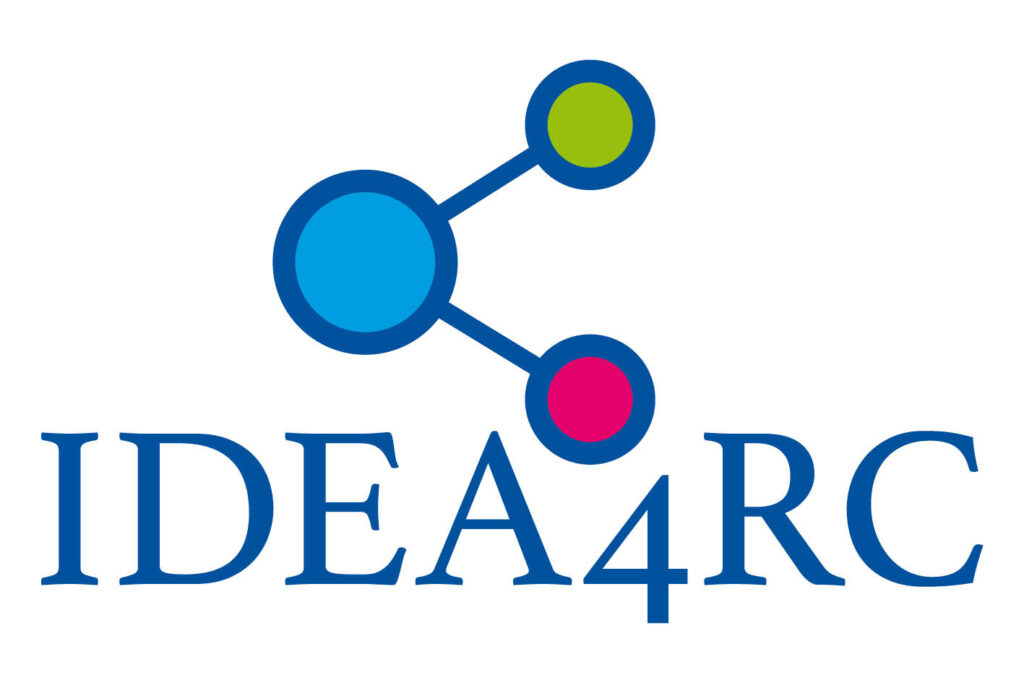There was a time, a happy time, when I didn’t know what sarcoma was. There was a time I’d never even heard the word.
That time ended suddenly in May 2015 when a doctor said to my 18-year-old daughter “You have a rare cancer in the blood vessels. It’s called angiosarcoma. It’s very rare and aggressive, but we’ll do everything we can to help you.”
Six months later, just before Christmas, I drove Ellinor to the hospital for a session of radiation therapy. With my support she could hardly walk, but she managed to walk to and from the car. From the corridor where I waited, I heard a scream, when the treatment began.
Moments later, a hardened doctor came out and asked me to sit down. She said, “Magnus, Ellinor’s breathing indicates that the disease is in its final stages.” I understood that she would never come home again with me.
Thanks to decades of research, fantastic research, we’ve seen extraordinary progress in many cancers. For breast cancer, the most common among women, the 10-year survival rate has climbed from 58% in 1980 to 86% today.
For prostate cancer, the most common among us men, it has risen from 37% to 88%.
That is nothing short of remarkable. It’s a testament of what science funding and data can do when they’re aligned.
But for rare cancers, like sarcoma, survival rates have remained almost unchanged for 40 years. That’s not just a statistic, it’s a failure of our system, of our priorities, and of our collective responsibility.
Sarccomas account for only 1% of all cancers. Angiosarcoma, which Ellinor had, makes up only to 1% of all sarcomas. So, you’ll understand in Sweden we’re talking about two, three, maybe four cases a year.
Before it touches your life, you likely haven’t heard of it. You don’t know anyone who’s had it. Even most family doctors go through their entire career without encountering a single case, a single person. Sarcoma sometimes is called the loneliest cancer and it is.
You see pink ribbons everywhere and moustache campaigns. That’s great. But for sarcoma, and other rare cancer, is silence. You feel forgotten, alone, and that loneliness is a wound of itself.
This is why I think this project matters and why I say gladly, finally, a project that sees the patients behind the numbers. Finally, an initiative that recognises that data when shared, structured, and used will save lives.
I’ve been quite worried lately and that’s for a good reason.
First, when GDPR replaced Sweden’s Personal Data Act, I saw not progress but a step backwards. I must admit I was fighting for Sweden to become member of the European Union, but that should enable collaboration, not create barriers to communication in health care.
Second, in Sweden only, we are drowning in fragmented systems. In one region alone, we have more than 7,000 different healthcare IT systems that can’t communicate with each other.
Flooded with a deluge of registers, forms, and documentation, bureaucracy has in some cases become a career in itself. But this is not healthcare, it is inertia.
Third healthcare and research are still stuck in silos.
Here in Sweden, just look at a SciLifeLab, a world class research hub where questions can be asked from a scientific point of view, but not within the care system itself. That’s not just inefficient, it’s absurd.
So, it’s time for action and to point out what the challenges are on a European level, we can start only in Sweden. We became excellent in this country at collecting data, but we failed at structuring it and using it. It’s high time for a common national framework for data extraction.
As I see it, we have 21 separate interpretation of the law, one for each region in Sweden. Healthcare cannot afford this kind of fragmentation, not in an era where data can mean the difference between life and death.
Fourth, democracy is a cornerstone of our society. But it must not become an excuse for inaction. Alla ska med. I don’t know how to translate it in English. It’s a nice political slogan, but it costs life. When it comes to patients data, it’s time to take responsibility and action. Time to take a stand.
I believe the privacy debate is in many cases overstated. I never met one single sarcoma patient or their loved ones who wouldn’t willingly post their entire DNA sequence on the public billboard if it meant a chance to help themselves or the loved ones.
Equal care, a phrase we so often repeat with pride must also mean equal chances of survival in the future, no matter what kind of cancer you have.
This project handled right, I think, can become a model of how rare cancer patients are no longer left behind. It can be the beginning of the end of the loneliest cancer. Let’s make sure it is.
